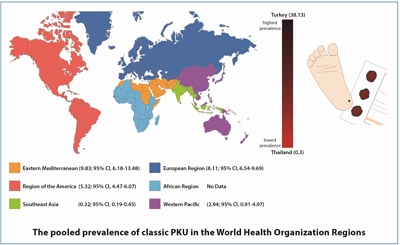Search
- Page Path
-
- HOME
- Search
- Review Article
- Systematic review and meta-analysis
- Case Report
- Original Article
- Case Report
-

-
-

-

-
Impact Factor4.2
-
6.52022CiteScore92nd percentilePowered by









